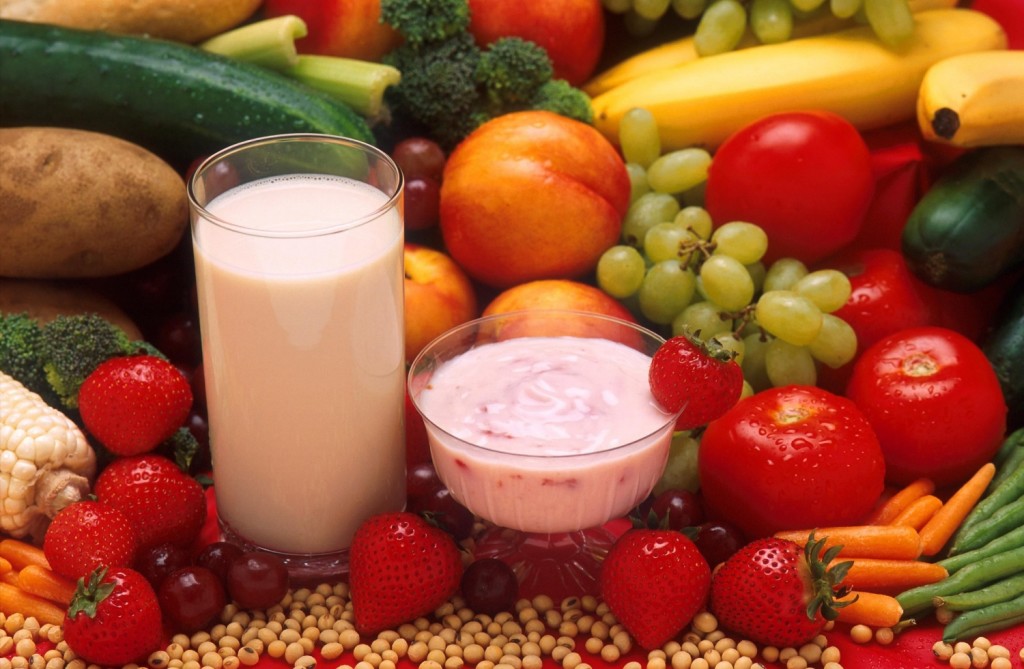The Unhealthiest of “Health Foods”
The Unhealthiest of “Health Foods”
By Dr. Mercola
If you grew up believing the best way to start your day was a bowl of cereal, a piece of whole wheat toast smeared with margarine, and a glass of orange juice, you’re in good company.
If your health is ailing and you’re reading this, chances are your lack of progress isn’t due to apathy or poorwill power but instead, confusion over which foods are good for you and which are not.
Many foods considered “health foods” are doing exactly the opposite of what is claimed, thanks to massively successful corporate advertising campaigns. There are solid scientific reasons why America’s waistline has continued to expand.
In an article by certified personal trainer and health enthusiast Kris Gunnars, 11 so-called health foods are discussed,1 and unlike most mainstream nutrition articles, I agree with all of them.
If you are stumped about why you aren’t making progress toward your health or fitness goals, you might just be a victim of your “health food.” It would help to take a look at those popular foods, starting with one of the most beloved beverages among children and adults alike: fruit juices.
Fruit Juices
In spite of beliefs to the contrary, there are several problems with fruit juice that make it a FAR cry from “health food.” Consider orange juice, for example—particularly nearly all commercially prepared OJ.
Most all commercially prepared orange juices are actually highly processed into a liquid that bears little nutritional resemblance to fresh orange juice, as Alissa Hamilton, author of the book Squeezed: What You Don’t Know About Orange Juice, explains in the interview below.
First of all, it is pasteurized which decimates its vitality. Then the juice is kept in giant tanks to ensure a year-round supply. In order to preserve it, all of the oxygen is removed, and therefore all of the natural compounds that give oranges their flavor are destroyed.
Some companies add artificial flavor packs, which are essentially chemical perfumes. A common one is ethyl butyrate. If the “Best Before” date is 60 days or more, you know you have a heavily processed juice. Fruit drinks are even worse, consisting mostly of high fructose corn syrup in a mélange of artificial ingredients. Many commercial orange juices are also contaminated with mold from damaged fruit.
Additionally, fruit juice is far worse than the whole fruit, especially if it is not freshly juiced and is stored in containers, as the methanol in the juice will dissociate from the pectin and actually increase your risk of M.S.
But even fresh, pure orange juice—even freshly squeezed—is very high in sugar that is separated from its beneficial fiber and therefore detrimental to your health. One eight-ounce glass contains about 8 teaspoons of sugar, compared to 10 teaspoons in a can of soda.
Habitually downing this much sugar can increase your risk for gout, hypertension, heart disease, kidney disease and a number of other serious health problems. And many commercial juices have been found to contain unacceptably high levels or arsenic.
Consuming the whole fruit causes less of a problem as the sugar is modulated by the fiber and antioxidants in the fruit, so you’re better off eating fruit whole, but in moderation. If you want juice, making your own vegetable juice at home is an excellent option.


Hi! I am a robot. I just upvoted you! I found similar content that readers might be interested in:
https://articles.mercola.com/sites/articles/archive/2013/08/19/unhealthy-health-foods.aspx